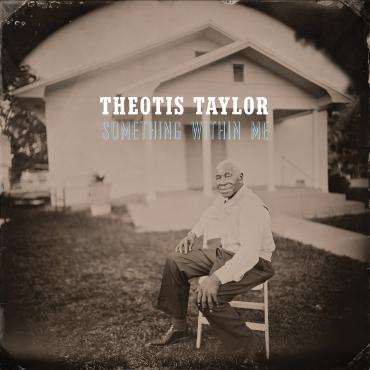Theotis Taylor’s Resurrection

Theotis Taylor is a soulful singer. But he wouldn’t appreciate being called a soul man. Taylor’s soul has been wrapped in gospel all his life.
At 90, Taylor still performs when he can find a qualified soul. “You’ve got to be anointed to do it right,” Taylor said in an interview for Tim and Denise Duffy’s Music Maker Relief Foundation.
Tim Duffy found the original masters of recordings that Taylor made in ’79 and never saw fully released. With the help of Jimbo Mathus, Will Sexton, Liz Brasher, and some other Music Makers, producer Bruce Watson took the tapes to Memphis’ Delta-Sonic Sound studio to put new accompaniment on the original master.
They haven’t fooled with the material much. Taylor’s glorious falsetto is more than enough to carry the message, and his piano accompaniment covers secular as well as gospel influences.
“Appreciation” sounds like Sam Cooke might have sounded if he had lived to Taylor’s age, soaring falsetto pure and clean, belying his age, 69 at the time of the recording.
“Fly Away to Be At Rest” features Taylor gliding easily from warm baritone to heavenly falsetto, backed by a Music Maker choir providing soft gospel whoops behind Taylor’s churchy lead.
“Thank You Jesus” once again sounds like Soul Stirrer-era Cooke. It’s definitely worship material, but its got a beat the devil wouldn’t mind shuffling his hooves to if the chorus didn’t praise his archnemesis with a rock-and-roll tempo.
Taylor didn’t intentionally craft his version of “God’s Unchanging Hand” for rockers, but his arrangement steps over the gospel/secular line big time. Written in 1905, entities as diverse as the The Chicago Mass Choir, Porter Wagoner, and the Oak Ridge Boys have taken a whack at it. But Taylor’s would roll off a soul man’s lips and a rock-and-roll stage just as easily.
“Stand By Me” is back yet again in Cooke territory, but with a twist. This is not Ben E King’s ’60 version, but a song called “Stand By Me, Father” that Cooke co-wrote as a member of the Soul Stirrers with Junior Parker and J.W. Alexander in ’59. Ironically, that’s not Cooke’s voice on lead, but Johnnie Taylor impersonating Cooke, who had already left for a crossover career in rock. Taylor is mellow and churchy, but if he’d allow himself a soul man alter ego, he could easily poke a hole in the holy fabric. This one works either way as a conversion vehicle, built for comfort, not for speed.
Taylor once said that “What I love about playing music (is) because I did my own singing and do my own thing, didn’t have to worry about nobody crossin’ me.” Even though this one was out of his hands, he needn’t have worried. Duffy and company have done him proud, keeping his soul intact, with his message still on target.


